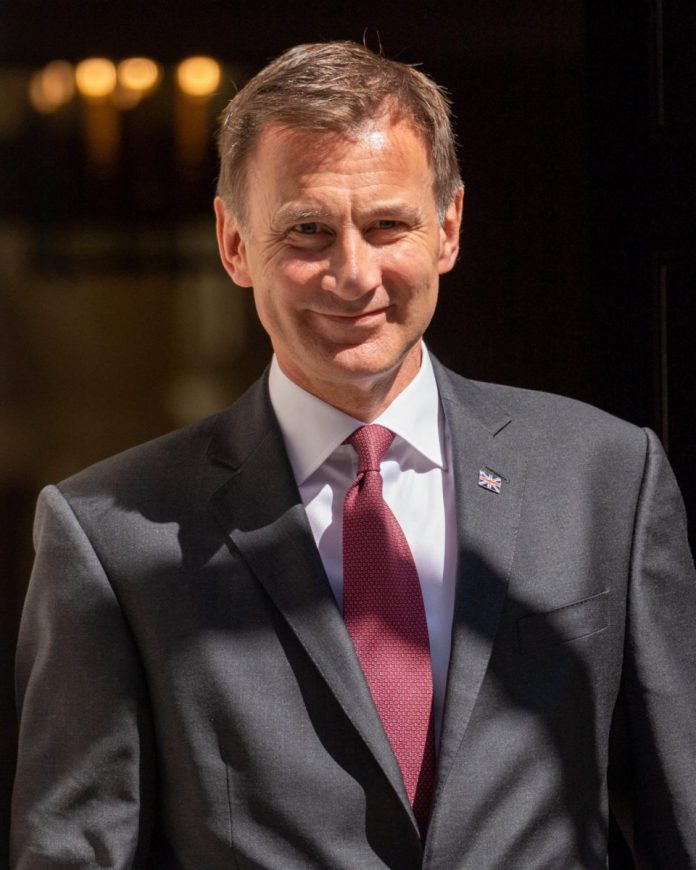THE NHS operates on the wrong part of someone’s body four times a day, Jeremy Hunt has revealed.
Speaking in the Commons, the former health secretary labelled the incidents “never events” – things that should never happen.
His comments came as MPs discussed health and social care during day five of the Queen’s Speech debate.
He said: “Even now, after all the progress on patient safety, four times a day we operate on the wrong part of someone’s body. It’s called wrong site surgery.
“When I was health secretary we amputated the wrong toe off someone, another lady had her ovary removed instead of her appendix.”
Mr Hunt admitted despite checklists mistakes are still made as sometimes “people read through lists and they automatically give the answer they think people want to hear”.
He added: “The solution is to ask ourselves very honestly whether when a mistake happens, when there’s a tragedy, we really learn from that mistake or whether we brush it under the carpet.
“To understand how difficult an issue this is, you have to put yourself in the shoes of a doctor or a nurse when something happens like a baby dying.
“They want to do nothing more than to be completely open and transparent about what happened, to learn the lessons and so on.”
He warned “we make it practically impossible” for people to learn from mistakes, and staff over over Britain were worried about getting sacked.
Mr Hunt explained: “People are terrified about being struck off by the NMC (Nursing and Midwifery Council) or the GMC (General Medical Council), they’re worried about their CQC (Care Quality Commission) rating, they’re worried about their professional reputation, they’re worried about being fired.
“But the truth is there are many mistakes that are made that are not negligence and if we make it so difficult to be open about the ordinary human error that any of us make in all of our jobs – because we’re not doctors and nurses, people don’t generally die when we make mistakes, that is the courage of entering that profession – if you make it difficult for people to be open, you won’t learn from those mistakes and that is why we need to change from a blame culture to a learning culture.”








